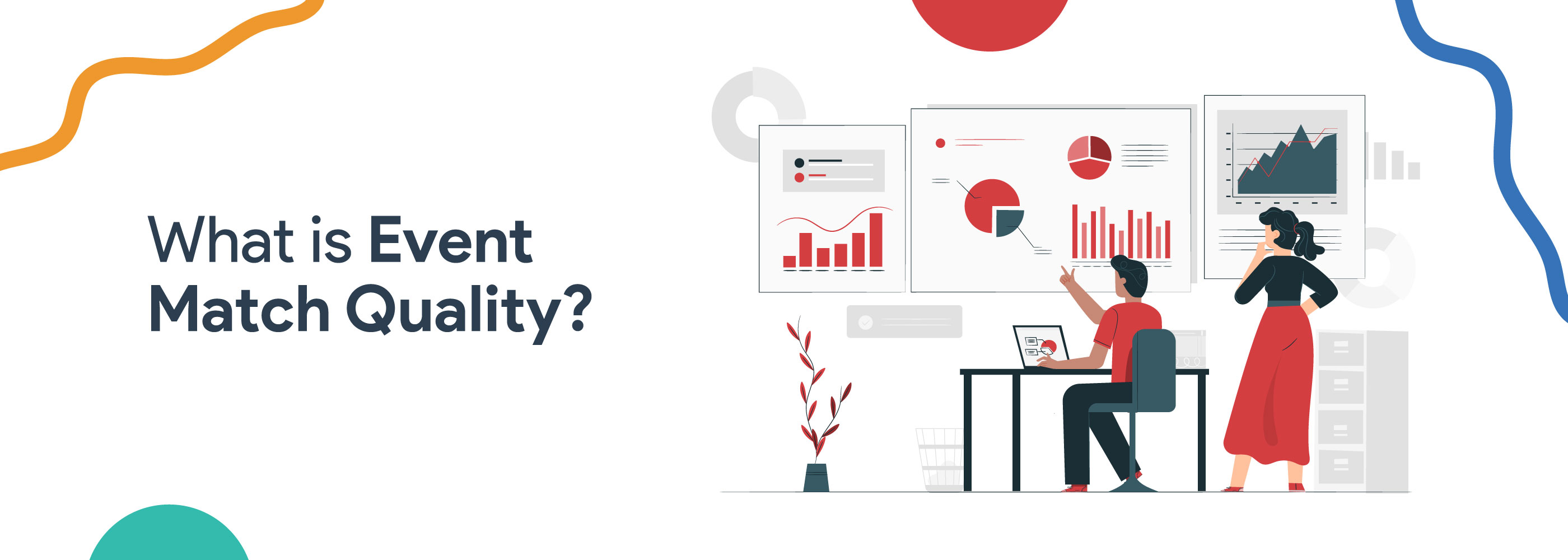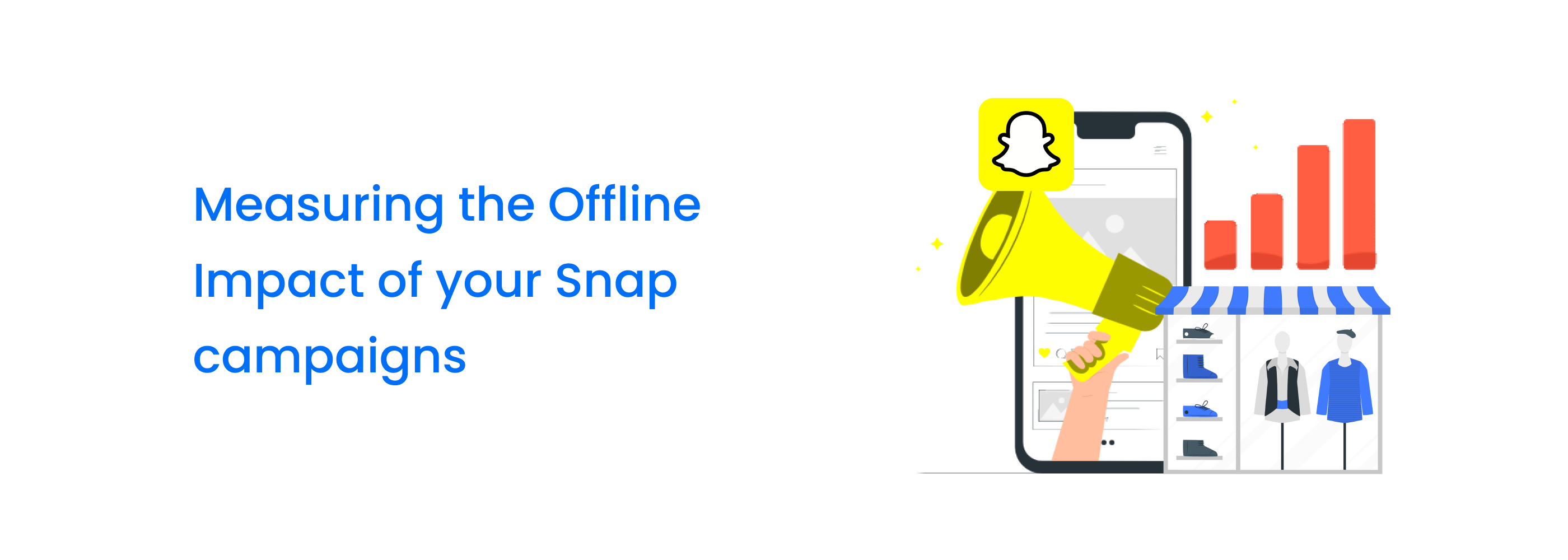What is Event Match Quality?
Event Match Quality indicates how effective the customer information sent from your server is at matching event instances to a Facebook account. High-quality event matching may improve ad attribution and performance.
An ‘Event’ is an action that a visitor performs across digital channels, for instance, form submissions, case study downloads, email opens, and more. Marketers have also been able to receive event data from other cloud apps in their martech stack.
EMQ gives you a measurement of how well matching works for a CAPI event.
Matching is a process where your Ad platform tries to connect an event fired on your website to a user on the Ad platform. This ensures that conversion tracking, targeting, and custom audiences based on events work properly.
Important: EMQ refers just to CAPI events, but matching is required and done for both browser and CAPI events.

Types of User Matching Techniques Used in General:
Deterministic matching
Deterministic matching is relatively straightforward because we are certain of the person’s identification. As a result, Facebook can quickly link the ad view and conversion to a particular user.
Probabilistic matching
Matching with probability is a little more difficult. In a nutshell, it refers to assuming, based on statistical modeling, that a particular recognized user is an anonymous visitor. In order to feed the model when a new anonymous user is first noticed, Facebook or any other platform gathers a variety of information about the person’s behavior.
The role of first-party data in achieving a precise EMQ score…

First-party data has various use cases and proves useful in showing customers that you’re attentive to their needs. First-party data is not shared with other businesses, which is beneficial for both your customers and your business. It’s typically more accurate than third-party data as well, because it reflects actual customer behavior from your own channels (web, mobile, in-store, etc.).
Accuracy
Having a direct relationship with your customer means the data you collect is more accurate than third-party data. That’s because the information is either provided directly by the customer or is based on actual customer engagement with your website, app, or service. When third-party data is purchased, this data reflects a single point in time and degrades in quality over time.
Privacy Concerns
Unlike third-party data, first-party data is collected with consent from your customers. This means that your customers are aware of the type of information you’re collecting as well as how it’s being used, therefore, you don’t encounter many of the data privacy issues you might face when trying to use third-party data.














